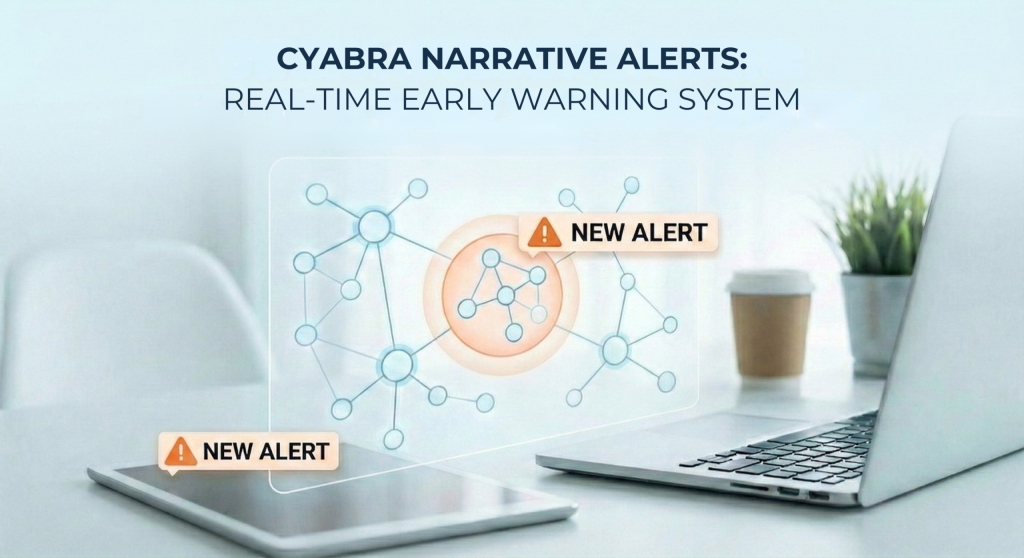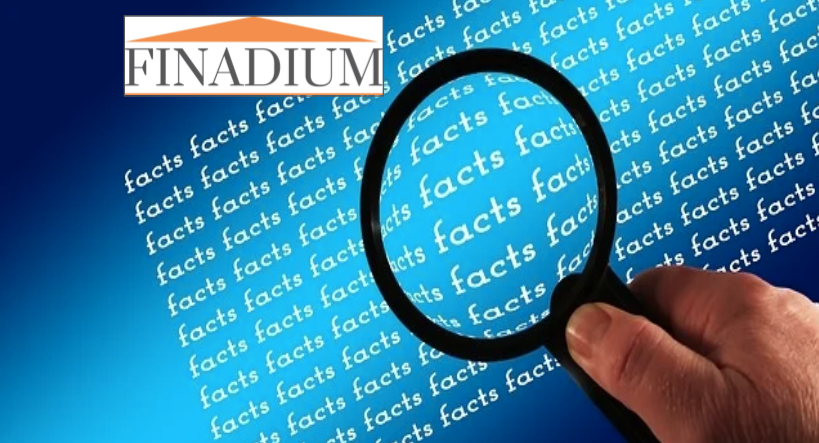In the 2024 Global Risks Report published by the World Economic Forum, the spread of disinformation and misinformation was identified as one of the most significant global risks the world is expected to face in the coming years.
From the impact it has on elections, to critical issues like public health and social justice, the dissemination of false information is anticipated to play a pivotal role in shaping the sociopolitical landscape in not only the US, but in many countries around the world.
Seeing as how widespread and pervasive this issue is, the first question that arises is: “What can be done to prevent its spread?” While the answer may not be as straightforward as we might hope, there are ways in which halting the dissemination of fake news could be achieved, primarily through media literacy.
It’s well-established that the information we’re constantly exposed to on social media platforms shapes our beliefs and values, both subconsciously and consciously. Given the profound impact this exposure has on our perspectives, the most important step in combating the spread of disinformation is to get a firm grasp on what media literacy is, and how it could be used to effectively counteract the proliferation of false information.
What is Media Literacy?

Media literacy is the ability to critically analyze and evaluate the information we gather from various sources, but in the digital age, it is most commonly associated with content on social media. In essence, media literacy serves as a compass that helps us navigate the often misleading digital landscape of the modern world.
It empowers people to question the credibility of information and recognize manipulation tactics, making it easier for us to evaluate if what we’re reading or watching is factually correct, or just serves someone’s agenda.
Like traditional literacy, it is a skill that is not inherently innate, but could be acquired through education and practice. Just as we learn to read and write through years of schooling and practice, media literacy is a skill that can be developed and honed over time by habitually applying a series of checks every time you encounter a news story that, at first glance, seems far-fetched or appears to serve a specific group’s interests.
What Can Be Done to Improve Media Literacy?
These are the crucial steps individuals can take to practice media literacy, helping to minimize or even completely negate the impact of fake news stories, ultimately leading to a safer and more informed society:
Checking the Source
The first step in processing any information you encounter should be to verify the source. Has the information come from a reliable news outlet, or a person with five followers on X? Does the news agency have a track record of posting false or misleading information? Is the claim supported by expert opinions or backed by credible evidence?
These are just some of the questions that should be going through a person’s mind as they process information.
Comparing News Sources
Directly tying in to the first point, the second critical aspect of developing media literacy is comparing news sources and fact-checking information. Now, more than ever, the world is tribalized, and as such, each group tends to present information through its own lens or bias.
While this is not a new phenomenon, having occurred throughout history, social media algorithms have exacerbated the issue by serving content to like-minded individuals, effectively creating echo chambers of reinforced beliefs and limited perspectives.
The solution to this problem is simple in theory, but in practice, stepping out of echo chambers and genuinely considering a different point of view has proven to be a challenging task for many.
Detecting Emotional Manipulation
An essential skill in media literacy is recognizing when content is designed to provoke an emotional response rather than inform. Many misleading stories rely on sensationalism, fear-mongering, or outrage to cloud judgment and encourage quick, uncritical sharing – pair that with ever-decreasing attention spans, and the result is a landscape where emotionally charged content spreads like wildfire, often without scrutiny or verification.
Taking a moment to process the information and critically assess its intent can go a long way in nullifying the impact of disinformation.
Understanding How Statistics Can Be Manipulated
With the sheer volume of data available for all kinds of different purposes, many individuals and organizations use statistics to support their arguments, often prefacing their claims with phrases like “The numbers don’t lie” or “Statistically speaking…”
While it’s true that, in some cases, the numbers accurately represent reality, in other cases, statistics can be manipulated in various ways to support almost any agenda.
Cyabra’s Platform
Media literacy can be a significant factor in mitigating the damage posed by dis- and misinformation, but, due to the nature of the issue and its scale, technology also plays a crucial role.
While individual skills in critical thinking and source verification are essential, the sheer volume and sophistication of online disinformation often require more advanced, data-driven solutions to effectively combat the problem at scale.
Cyabra’s advanced AI-powered platform equips both the public and private sectors with the tools to monitor and detect suspicious activity on social media, such as bot networks, coordinated disinformation campaigns, and other forms of inauthentic behavior.


